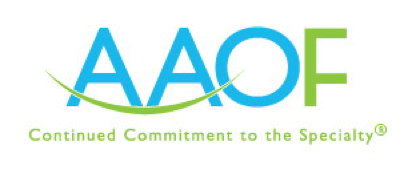A certificate program that trains community health workers to bring better dental health to people in underserved communities has launched at a number of community colleges in the United States. Classes for the Community Dental Health Coordinator (CDHC) program, created by the American Dental Association (ADA) in 2006, are open to certified dental assistants and registered dental hygienists.
CDHCs are trained to provide oral health education and disease prevention, and to help people navigate the public health system to receive care from dental professionals. They are there to help people bridge such barriers as poverty, geography, language, culture, and lack of understanding of oral hygiene.
“CDHCs are truly making headway in improving access to care for people living in communities suffering disproportionately from dental disease,” said ADA President Dr Maxine Feinberg. “We are excited about the extent to which these future CDHCs can help break down the barriers impeding people from attaining good oral health.”
Among the colleges currently offering the program are Rio Salado College in Tempe, Ariz; Mattia College in Miami, Fla; and Central New Mexico Community College in Albuquerque.
Rio Salado College is offering an online certificate program that is open to prospective CDHC students in Alaska, Arkansas, Arizona, California, Colorado, Connecticut, Delaware, Florida, Hawaii, Idaho, Illinois, Indiana, Iowa, Kansas, Louisiana, Maine, Michigan, Minnesota, Missouri, Montana, Nebraska, Nevada, New Hampshire, New Mexico, North Dakota, Ohio, Oklahoma, Pennsylvania, South Carolina, South Dakota, Tennessee, Texas, Utah, Vermont, Virginia, Washington State, West Virginia, Wisconsin, Wyoming, and the District of Columbia.
Mattia College is the second higher education institution to implement a CDHC curriculum following the completion of the ADA’s pilot program in Rio Salado College. Central New Mexico Community College was the first college to offer the certificate program.
The initial ADA CDHC pilot project graduated 34 CDHCs. Pilot project graduates have brought their skills to such underserved communities as inner cities, remote rural areas, and Native American communities in more than eight states.
The ADA is working to help schools in Illinois, Virginia, and other states integrate the model into their curriculums.




